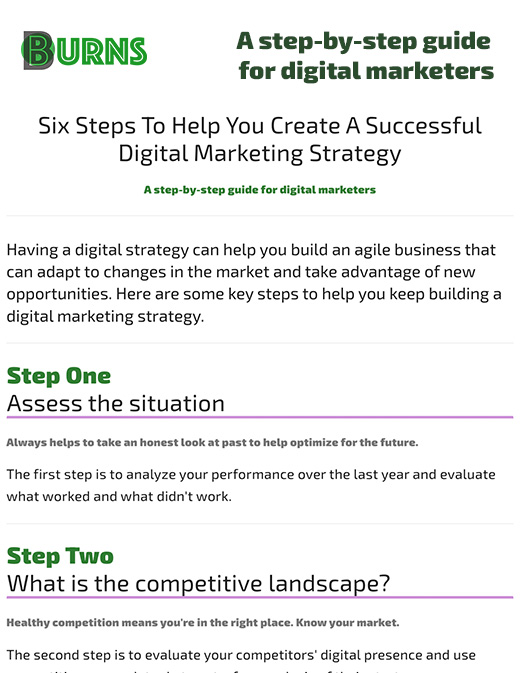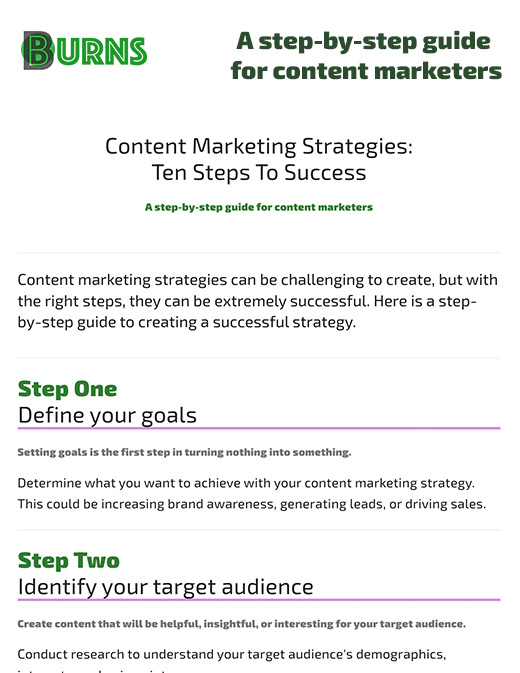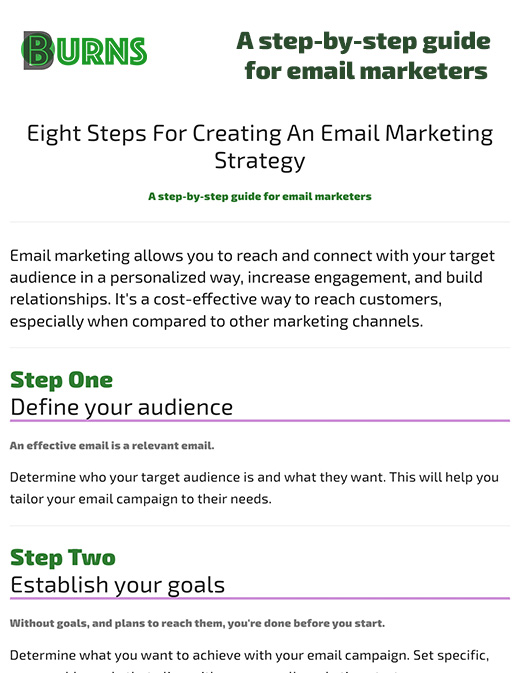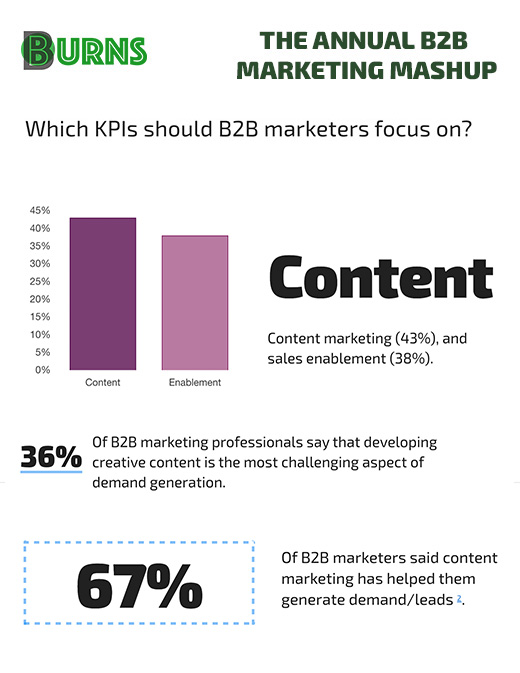Frequently Asked Questions
An extensive list of question and answers about Josh Burns, digital marketing, and demand generation.
Q: What is Yojo.sh?
A: Yojo.sh is a website created by Josh Burns. The website provides digital marketing, growth, and demand generation tips and tricks to help elevate your marketing strategy. There are some great tips, some fun commentary, and a little experimenting.
Q: What is Josh Burns professional background and experience?
A: Josh Burns is a strategic, creative, data-driven marketing leader with over 25 years of experience leading initiatives to drive customer acquisition and engagement. Whether paid, earned, or owned media Josh is focused on elevating digital marketing strategies. Josh Burns excels at managing teams and delivering comprehensive solutions to meet the complex needs of businesses and customers.
Q: What sets you apart from other professionals in marketing?
A: What sets Josh Burns apart from other digital marketing leaders is his love of learning, digital storytelling skills, communication skills, adaptability, and problem-solving skills. These traits helped Josh stay on top of the latest trends and tools of the trade, build a genuine connection with his customers, and adapt to the ever-changing digital landscape.
Q: Where does Josh Burns work today?
A: Josh Burns is Sr Director of Digital Experience and Growth at Rubrik. Josh currently leads the team responsible for digital strategy and execution. A few recent highlights of the work Josh Burns is doing. Established a learning agenda and always on program for content personalization and conversion rate optimization. Built new revenue-generating programs, on-demand guided product tours, Bingeable content tracks, conversational marketing playbooks, and more.
Q: What is Josh Burns LinkedIn profile URL?
A: https://www.linkedin.com/in/hey-josh-burns/
Q: Why do top companies hire Josh Burns?
A: Josh Burns has extensive experience in marketing, he excels at managing teams and delivering comprehensive solutions to meet the complex needs of businesses and customers. The expertise offered by Josh in growth and demand generation can significantly impact the digital transformation process. Josh's experience in optimizing processes and driving lead generation efforts can contribute to efficiency gains.
Q: Why is it important to stay ahead of the competition?
A: It is important to stay ahead of the competition to always find new ways to improve marketing strategies and meet the evolving needs of customers.
Q: What is digital marketing?
A: Digital marketing refers to the use of digital channels, such as websites, social media, search engines, email, and other forms of digital communication, to promote products and services to customers.
Q: What are some examples of digital marketing?
A: Here are some examples of digital marketing:
— Search engine optimization (SEO)
— Pay-per-click advertising (PPC)
— Social media marketing
— Email marketing
— Content marketing
— Mobile marketing
— Video marketing.
Q: What is B2B marketing?
A: B2B marketing, or business-to-business marketing, involves the sale of one company's product or service to another company. This is in contrast to B2C marketing, which involves selling to consumers.
Q: What are some effective strategies used in B2B marketing?
A: Effective strategies used in B2B marketing include utilizing social media, evaluating the success of marketing efforts, and using customer feedback to pivot marketing strategies.
Q: How can B2B marketers evaluate the success of their marketing efforts?
A: B2B marketers can evaluate the success of their marketing efforts by measuring customer lifetime value, using customer feedback to pivot their marketing strategy, and adapting their marketing tactics to align with each phase of the B2B purchase process.
Q: What are the top B2B marketing questions your boss wants answered?
A: Which sources brought the most revenue?
— How many qualified opportunities are we creating through our digital marketing efforts?
— What sources are generating the most qualified opportunities?
— Which marketing assets are performing attracting the most leads?
— What touch points in the customer journey are most effective?
Q: What is the main goal of marketing?
A: The main goal of marketing is to understand the needs of customers, match them with products and services, and persuade them to buy.
Q: How is digital marketing different from traditional marketing?
A: Digital marketing is different from traditional marketing in that it uses digital channels to reach customers, while traditional marketing uses print, television, and radio to reach customers. Digital marketing also allows for two-way communication between businesses and customers, while traditional marketing is often one-way communication.
Q: Why is digital marketing important?
A: Digital marketing is important because it allows businesses to reach customers where they spend much of their time: online. It is also more cost-effective than traditional marketing methods and allows for highly targeted campaigns with a better return on investment (ROI) for businesses.
Q: What are some benefits of digital marketing?
A: Here are some benefits of digital marketing:
— Cost-effective
— Highly targeted campaigns
— Better ROI
— Two-way communication with customers
— Increased brand awareness
— Increased customer engagement
— Improved search engine ranking.
Q: What skills are required for digital marketing?
A: Here are some skills required for digital marketing:
— Analytical skills
— Creativity
— Communication skills
— Technical skills
— Strategic thinking
— Knowledge of digital marketing tools and platforms.
Q: How can I create a digital marketing strategy?
A: Here are some steps to create a digital marketing strategy:
— Define your target audience
— Set your goals and objectives
— Choose your digital marketing channels
— Create your content
— Implement and monitor your strategy
— Analyze and adjust your strategy as needed.
Q: How can I measure the success of my digital marketing strategy?
A: Here are some ways to measure the success of your digital marketing strategy:
— Website traffic
— Conversion rates
— Social media engagement
— Email open and click-through rates
— Search engine ranking
— Return on investment (ROI).
Q: What are some best practices for digital marketing?
A: Here are some best practices for digital marketing:
— Know your target audience
— Use a variety of digital marketing channels
— Create high-quality content
— Engage with your audience
— Monitor and analyze your results
— Continuously improve your strategy
Resources



